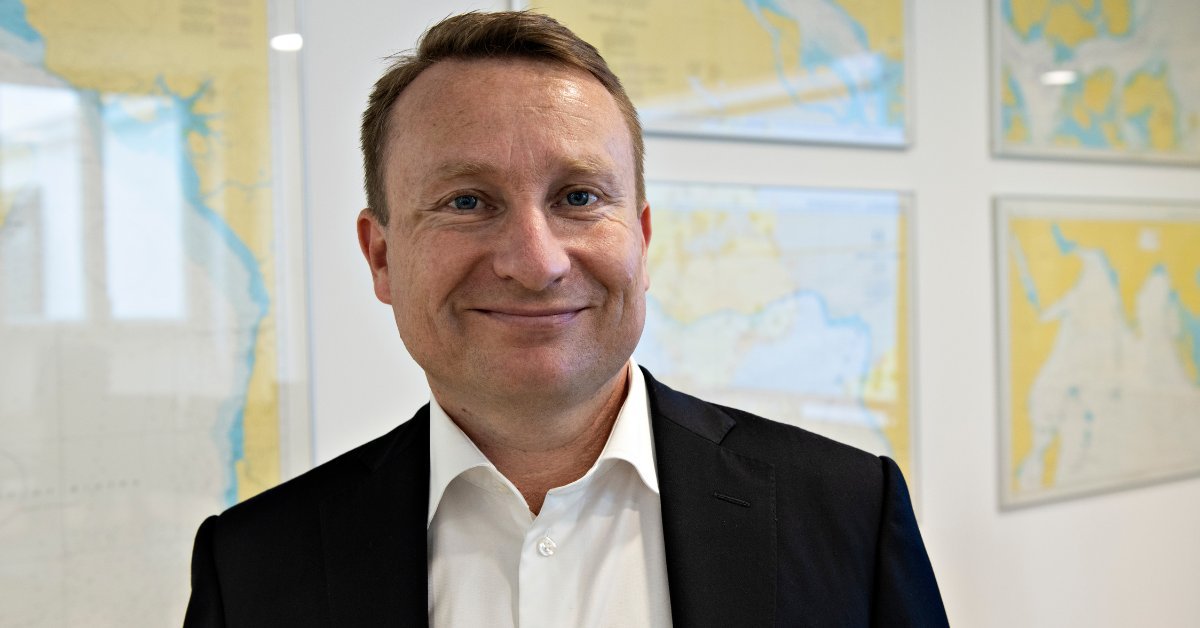
BBC | They lost 52 soldiers fighting alongside the US. Now they feel threatened by Trump
In a recent interview with the BBC, also aired on BBC Radio, Risk Intelligence CEO Hans Tino Hansen discussed security in the Arctic, addressing concerns over Russia’s increased presence.
Originally published on 8 March 2025, the BBC article highlights Hansen’s insights into Arctic security. While acknowledging Russia’s growing activity, he pointed out that it does not pose a direct threat to the US or Greenland. He also noted that the US has reduced its Arctic capabilities, particularly with the removal of icebreakers.
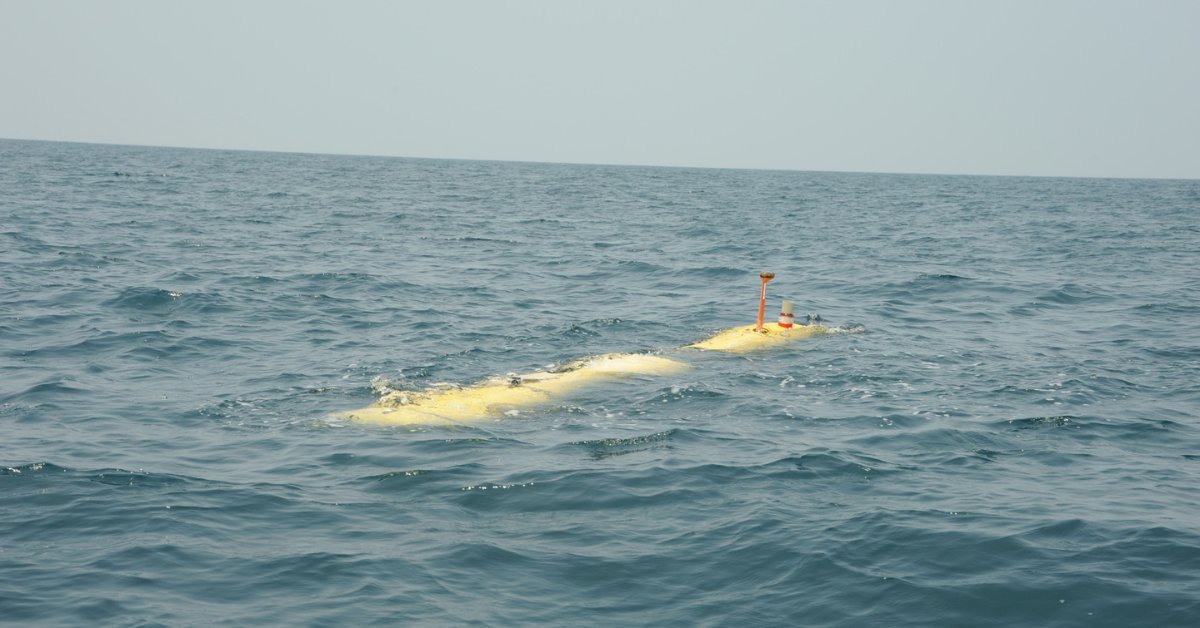
Energy Intelligence | Unfazed by B-2s, Houthis continue attacks, unveil submersible
In a recent interview with Energy Intelligence, Risk Intelligence CEO Hans Tino Hansen provided insights into the Houthis’ continued resilience.
Published on 1 November 2024, the article outlines the ongoing challenges posed by the Houthis, who have continued their attacks despite airstrikes by the US, UK, and Israel. Hans Tino Hansen, CEO of Risk Intelligence, emphasised that the Houthis’ resilience and operational capabilities allow them to continue their attacks unless their missile and targeting capabilities are entirely neutralised:
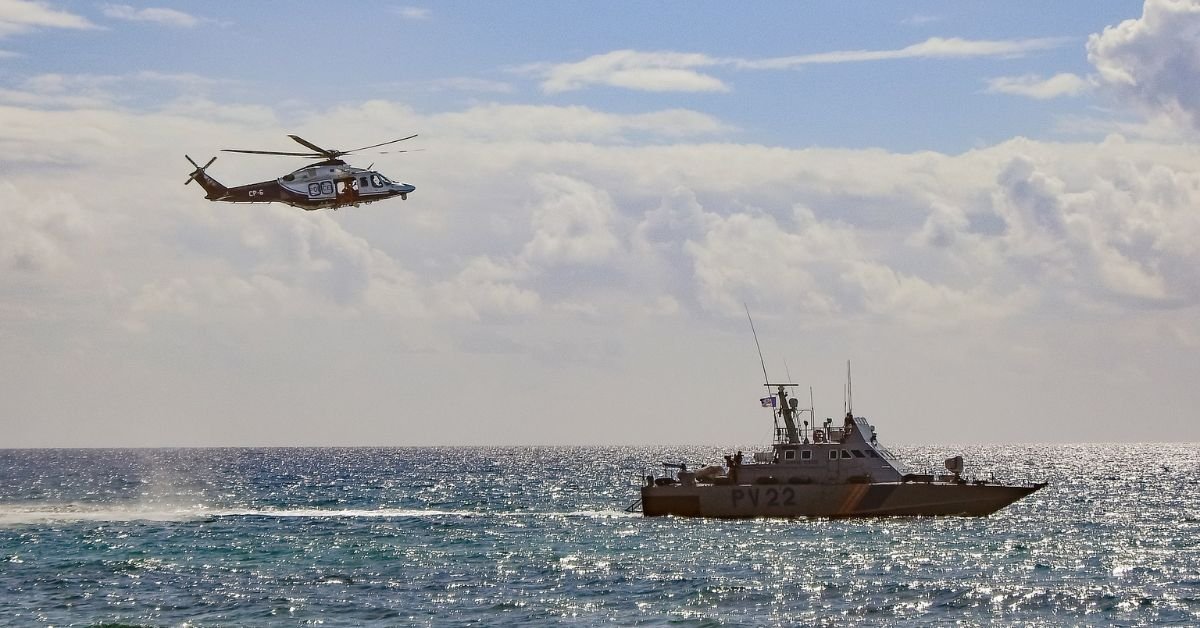
Seatrade Maritime News | Asian maritime security in Q3 – hijacking returns and AIS spoofing
Risk Intelligence provided insights for an article in Seatrade Maritime News, discussing the evolving challenges in Asian maritime security during Q3 2024.
Published on 8 October 2024, the article highlights significant issues, including the resurgence of tug hijackings and AIS spoofing linked to the dark fleet. A key incident involved the hijacking of a tug and barge in the Java Sea, raising concerns about vulnerabilities in biofuel transportation.
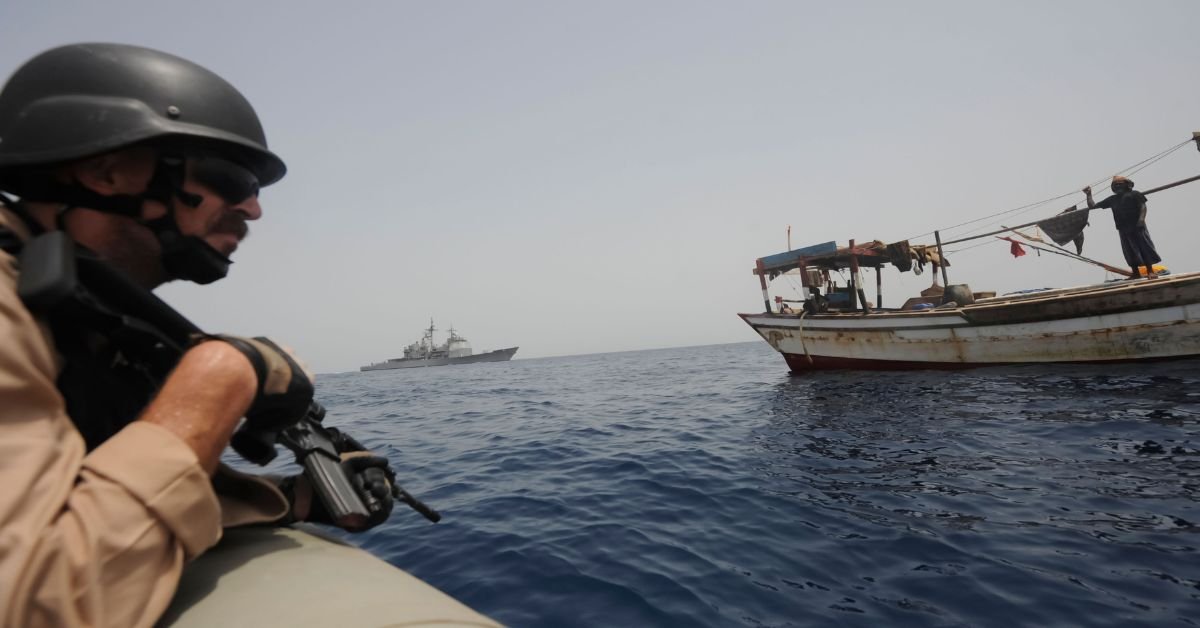
MOYEN-ORIENT | When piracy takes advantage of crises in the Middle East to resurge in the Indian Ocean
Risk Intelligence Senior Analyst Louis Borer shared insights with the French magazine MOYEN-ORIENT on the resurgence of piracy in the Indian Ocean, highlighting the potential links to Houthi attacks and the focus of international naval attention in the Red Sea.
The article discusses the return of piracy in November 2023 in the Indian Ocean, coinciding with the deterioration in security due to Houthi attacks in the area.

SCM News | Risk Intelligence CEO predicts stricter security requirements for the logistics industry
In a recent interview with SCM News, Risk Intelligence CEO Hans Tino Hansen addressed the potential for stricter security requirements in the logistics industry, driven by increasing criminal exploitation and foreign interference in supply chains.
Published on 30 September 2024, the article highlights the pressing security challenges facing the logistics industry.

Ingeniøren | Walkie talkie attacks in Lebanon expose vulnerable supply chains
In a recent interview with Ingeniøren, Risk Intelligence CEO Hans Tino Hansen shared insights regarding vulnerabilities in supply chains, particularly in light of a large-scale attack on Hezbollah in Lebanon.
The article, published on 19 September 2024, delves into a large-scale supply chain attack in Lebanon and highlights the broader vulnerabilities of the global supply chains.

Lloyd's List | Black Sea risk unchanged despite back-to-back incidents
In a recent interview with Bridget Diakun for Lloyd's List, Risk Intelligence analyst, Hans-Kristian Petersen shared his perspective on the recent attacks on vessels in the Black Sea.
Published on 23 September 2024, the Lloyd’s List article features insights from Petersen, who noted that the damage to the vessels Golden Lion and Aya was likely the result of collateral strikes on surrounding infrastructure, rather than deliberate targeting by Russia.

Energy Intelligence | What’s at Stake if Wider Mideast War Erupts?
In a recent article by Energy Intelligence, Hans Tino Hansen, CEO of Risk Intelligence, shared his perspective on the escalating tensions in the Middle East and their potential implications on regional infrastructure.
Published on 2 August 2024, the article delves into the mounting concerns of a broader conflict following recent strikes by Israel on Hezbollah targets and the assassination of Hamas' Ismail Haniyeh in Tehran.

Diploweb: What is the maritime dimension of the war in Gaza, from the Red Sea to the Indian Ocean?
The recent article on Diploweb by Risk Intelligence analysts Kais Makhlouf and Louis Borer delves into the maritime aspects of the Gaza conflict, highlighting its impact on the Red Sea and Indian Ocean.
The original release date of the article was on 26 May 2024, as published by Diploweb.
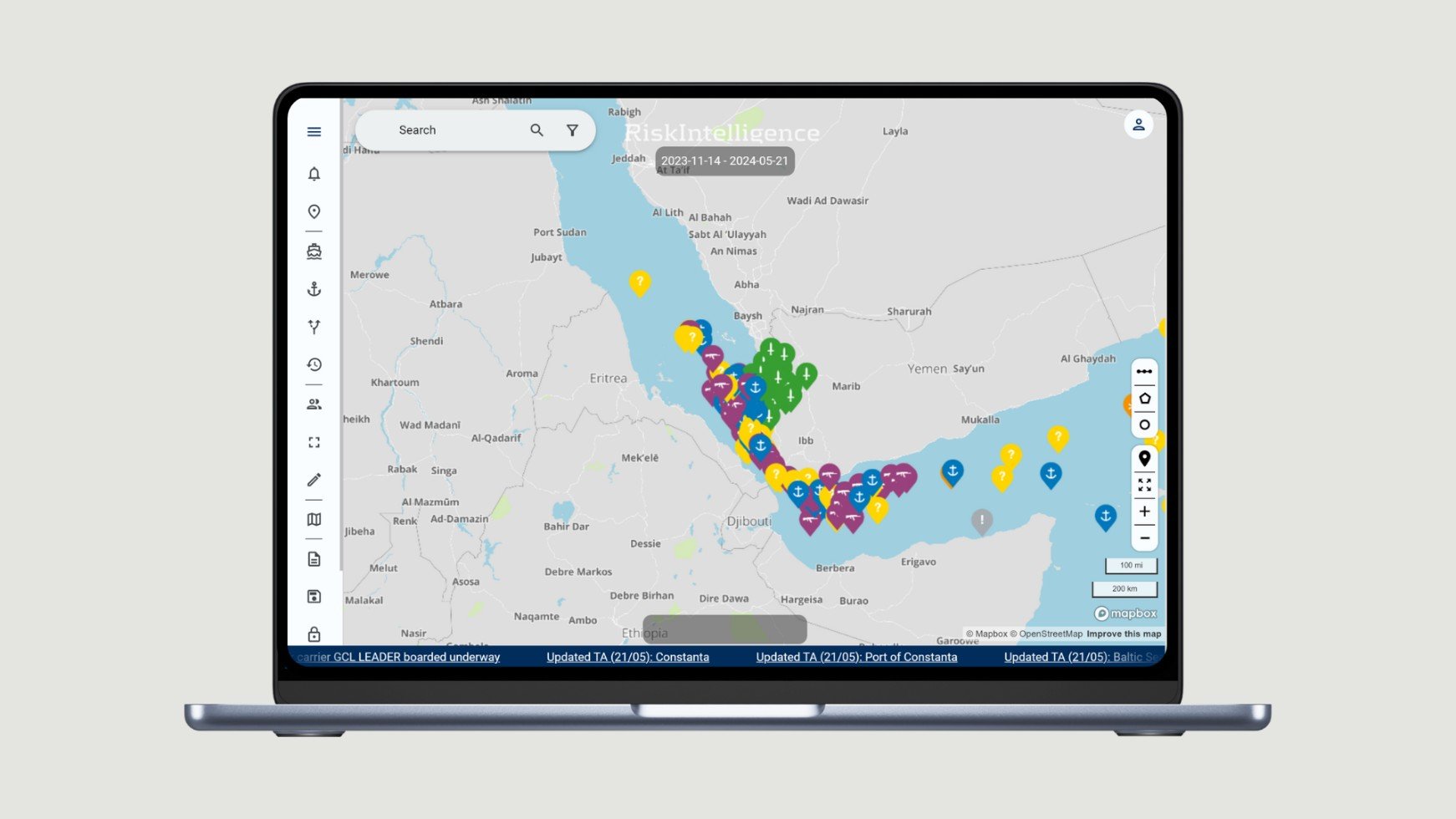
SAFETY4SEA | Risk Intelligence: Houthis threats generate additional concerns
Risk Intelligence recent report regarding recent Houthi threats to maritime security was highlighted by SAFETY4SEA
The article was published by SAFETY4SEA 20 May 2024 and it focused on recent maritime threats including Houthi announcements related to the Eastern Mediterranean on 3 May, which raised concerns due to the ongoing attacks on merchant ships in the Red Sea and Gulf of Aden.

The Loadstar | Risk Intelligence: Houthis lack resources for Med attacks
Hans Tino Hansen, CEO of Risk Intelligence, recently provided valuable insights to The Loadstar during an interview, highlighting the limitations faced by the Houthis in extending their operations to the Mediterranean without Iranian support.
The original release date of the article was on 17 May 2024, as published by The Loadstar.

The Loadstar: Has Somali piracy crisis returned? 'Yes and no', says maritime veteran
Hans Tino Hansen, CEO of Risk Intelligence, recently provided valuable insights to The Loadstar during an interview regarding piracy activities off the coast of Somalia and the potential resurgence of piracy in the region.
The original release date of the article was on 16 April 2024, as published by The Loadstar.

EL PAIS: Red Sea crisis drives Somali pirates into the Indian Ocean
Louis Borer, Senior Analyst at Risk Intelligence, recently shared insights with EL PAIS in an interview about the resurgence of Somali pirates in the Indian Ocean amidst the turmoil caused by disrupted maritime traffic from Houthi attacks in the Red Sea.
The original release date of the article was on 11 April 2024, as published by EL PAIS.

The Economist: Criminal networks are well ahead in the fight over Europe’s ports
Louis Borer, Senior Analyst at Risk Intelligence, shares insights on the pressing issue of corruption and drug trafficking in European ports in a recent interview with The Economist.
The original release date of the article was on 8 April 2024, as published by The Economist.
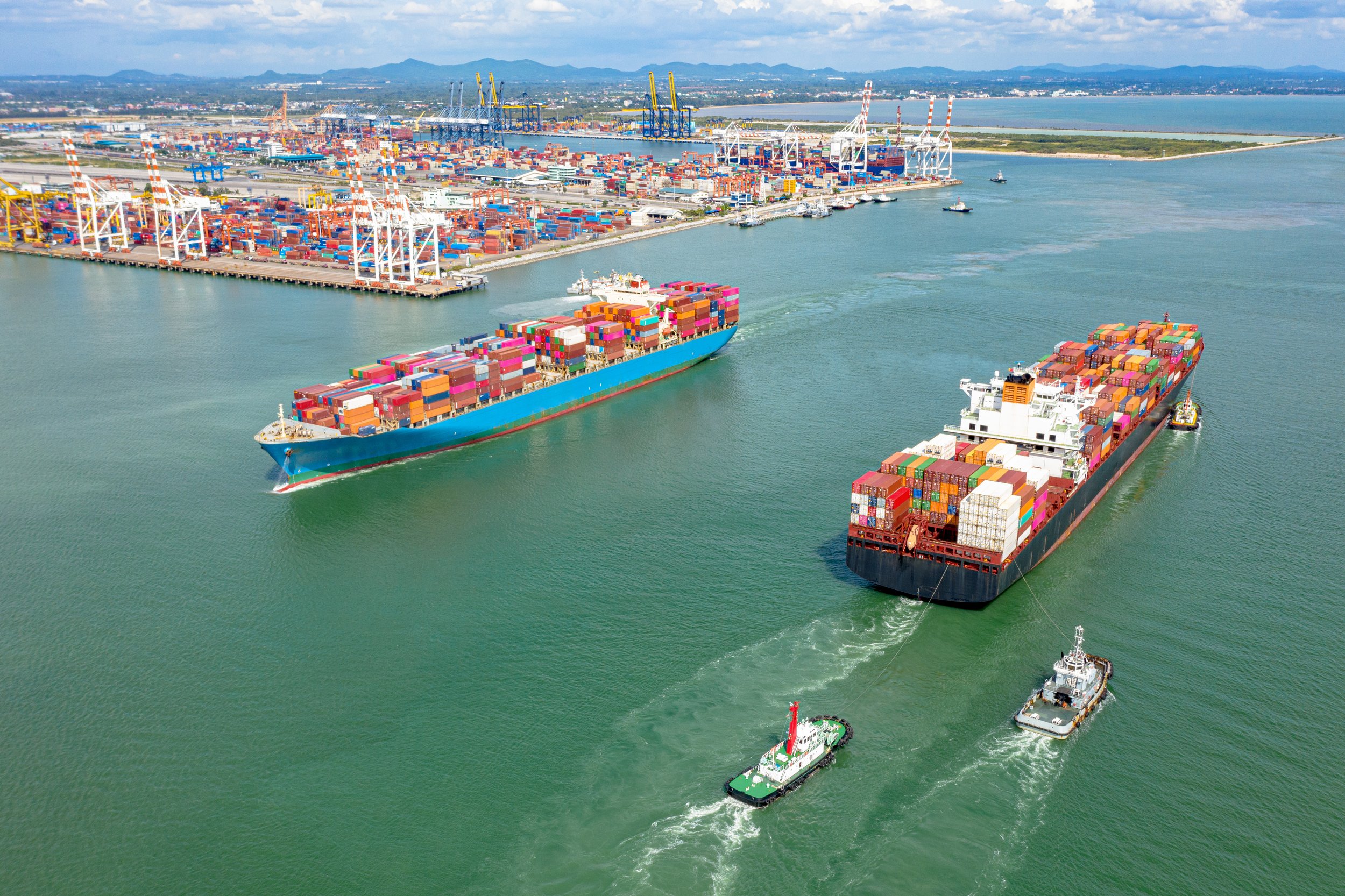
Le Monde: Map of disruptions on maritime routes
Louis Borer, Senior Analyst of Risk Intelligence, was recently interviewed to provide insights on various maritime threats for an article and overview map produced by Le Monde's cartography department.
The original release date of the article was on 2 March 2024, as published by Le Monde.
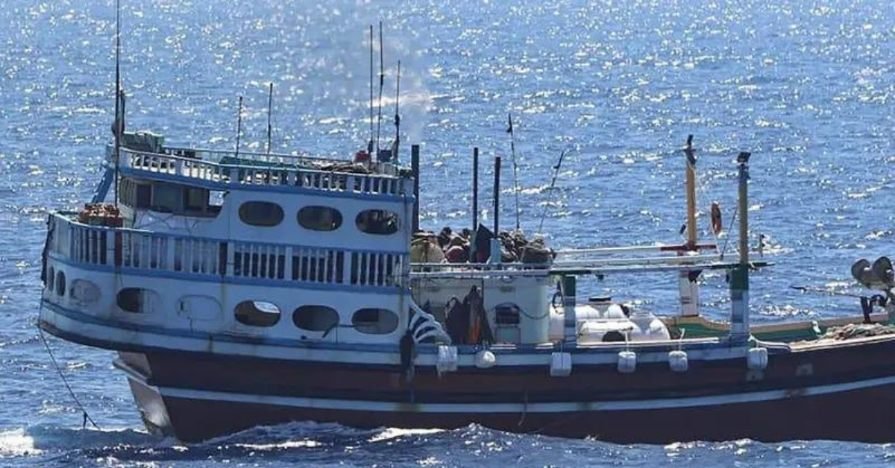
France 24: Fears that pirates are returning to seas off Somalia
In a recent interview with France 24, Hans Tino Hansen, CEO of Risk Intelligence, addresses the growing concerns surrounding a potential resurgence of piracy along the Somali coast.
The original release date of the article was on 14 February 2024, as published by France 24.
The article discusses a recent increase in pirate activity off the coast of Somalia. The successful hijacking of a cargo vessel in December 2023 marked the first such incident by Somali pirates since 2017.

Berlingske Tidende: He has both sources and analysts in Yemen: The attacks wear down the Houthis - but something else is needed to stop the missiles
In a recent interview with the Danish daily, Berlingske Tidende, Hans Tino Hansen, the CEO of Risk Intelligence, provides insights into the impact of international coalition airstrikes on Houthi targets in Yemen, emphasising the need for negotiations to achieve a comprehensive solution.
The original release date of the article was on 04 February 2024, as published by Berlingske.
The article discusses the recent airstrikes by the United States and Britain on 30 Houthi targets in Yemen, aiming to curb the group's impact on global trade.
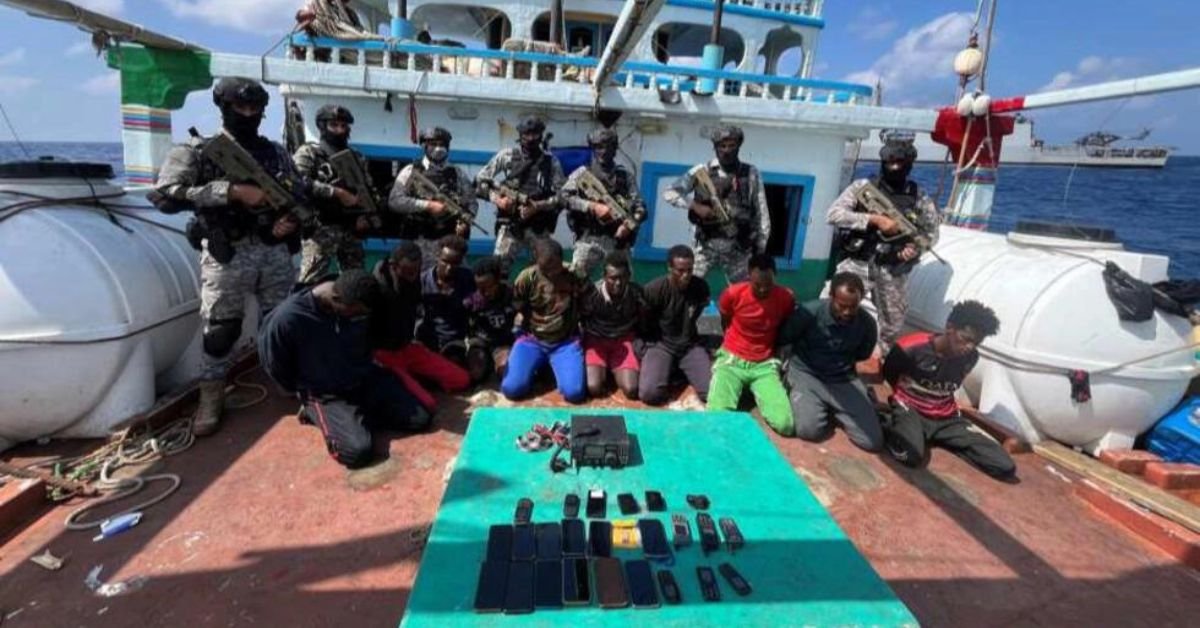
Piracy: multiplication of incidents off the coast of Somalia, in the midst of a crisis in the Gulf of Aden
Louis Borer, Senior Analyst of Risk Intelligence, delved into the unfolding developments in the Western Indian Ocean and the current situation in the Red Sea in an interview with RFI. Louis Borer expressed concerns regarding the recent increase in pirate activities off the coast of Somalia.
The original release date of the article was on 30 January 2024, as published by RFI.
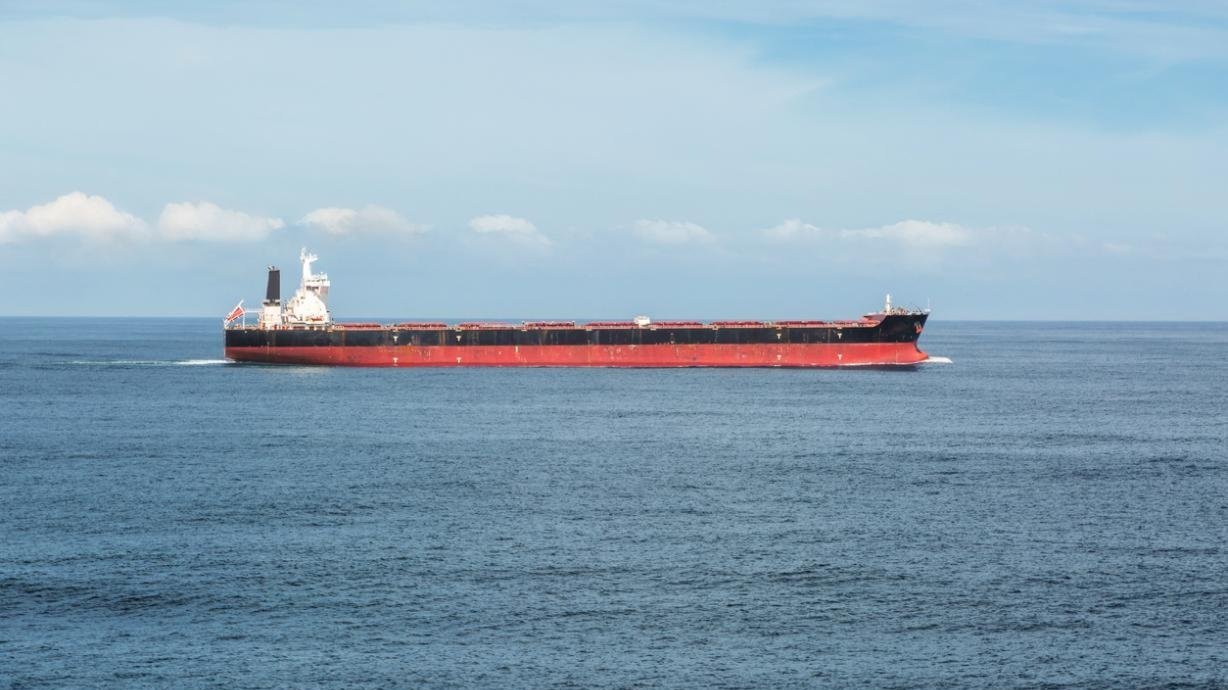
Aftenposten: The ongoing situation in the Red Sea and Gulf of Aden
In a recent interview with journalist Vemund Sveen Finstad from Aftenposten, Hans Tino Hansen, the CEO of Risk Intelligence, shared insights into the escalating crisis in the Red Sea. As tensions rise, Hansen sheds light on the defensive strategies employed by the coalition forces, emphasizing the importance of risk assessments for shipping companies.
The original release date of the article was on 22 December 2023, as published by Aftenposten.

Reducing supply chain risks at cargo crime ‘Hotspots’
Jeanne Albin, LandRisk Security Specialist and Steve Bacot, LandRisk Manager recently contributed to TAPA EMEA with an article highlighting the importance of cargo theft crimes, which continue to pose a significant threat to the global supply chain.
Cargo theft is a major concern for global supply chains as it has the potential to greatly impact companies' reputations and financial performance. The industry is working to address this by developing preventive technologies, establishing security standards, and increasing awareness. Limited security budgets and a lack of secure truck parking can pose obstacles to progress.
